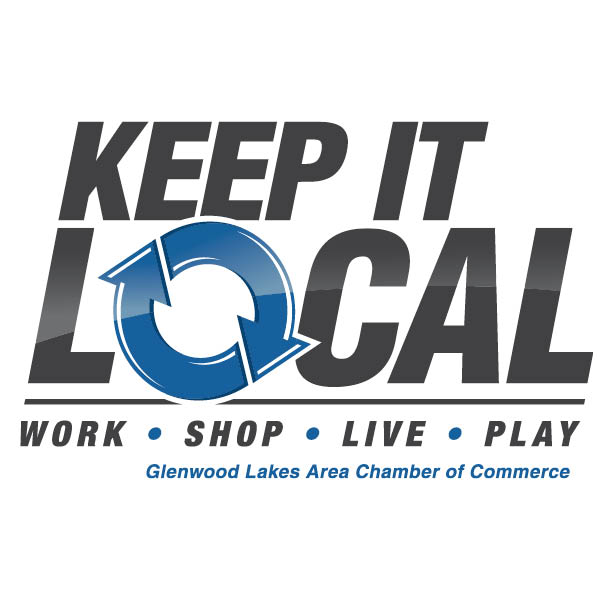Mental health-we all have it
Published on June 20, 2022 at 2:43pm CDT
What’s on the Horizon for Public Health
By Marcia Schroeder, RN
There is a billboard east of Hoffman that has a picture of a human brain. The caption reads: ”If you have one of these, you have mental health.” At some time in our lives, we will all experience an incident or a disaster that will tax our mental health.
Just this past month, strong storms affected many of us. Not only did the storms destroy buildings, homes, grain bins and trees, they destroyed our sense of well-being and safety. Reactions common to disaster or difficult situations include:
• Feeling physically and mentally drained
• Having difficulty making decisions or staying focused on a topic
• Becoming easily frustrated
• Arguing more with family and friends
• Feeling tired, sad, numb, lonely or worried
• Experiencing changes in appetite or sleep patterns
All of these are common responses to difficult situations. Most are temporary and will go away over time, but children, senior citizens, people with disabilities and people for whom English is not their first language are especially at risk and are likely to need extra care and help.
Look for ways to take care of your disaster-related needs and those of your family. Recovery takes time. Here are some suggestions to help you recover.
• Be patient with yourself and those around you. Recognize that everyone is stressed and needs some time to put their feelings and thoughts in order. That includes you!
• Set priorities and tackle tasks in small steps.
• Stay positive. Remind yourself of how you’ve successfully gotten through difficult times in the past. Reach out when you need support, and help others when they need it.
• Stay connected with family and friends. Giving and getting support is one of the most important things you can do. Try to do something with family or friends that you have all enjoyed in the past.
• Eat a well-balanced diet and drink plenty of water. Get some sleep to boost your ability to cope with stress. Sleep gives your mind and body a break. Seek medical attention when needed.
• Gather information about assistance and resources that will help you and your family members meet your disaster-related needs.
The Red Cross helps people cope in disasters like tornados, hurricanes and floods. They also have a Disaster Distress Helpline to call for free 24/7 counseling or support. You can contact them at 800-985-5990. The person who answers can help with resources, answer specific questions or just be available to talk when you are experiencing feelings like sadness, confusion, grief, loss or shock. Or you can call our Regional Mobile Crisis Team at 701-364-0431.
Take care of all the clean-up and rebuilding, but prioritize your mental health as well.




